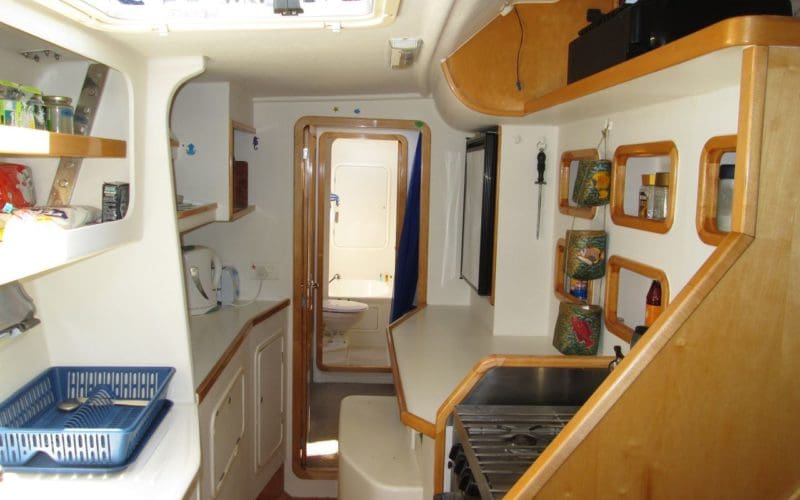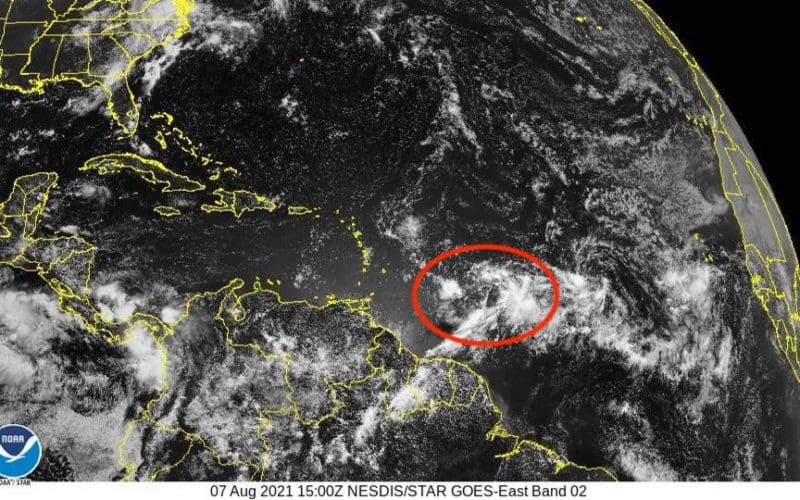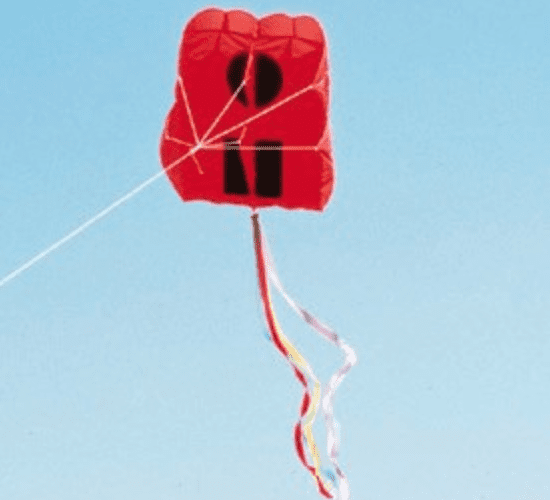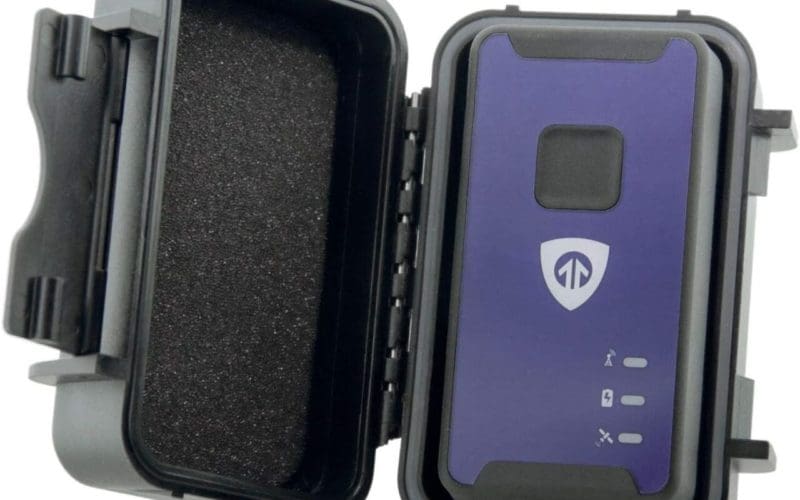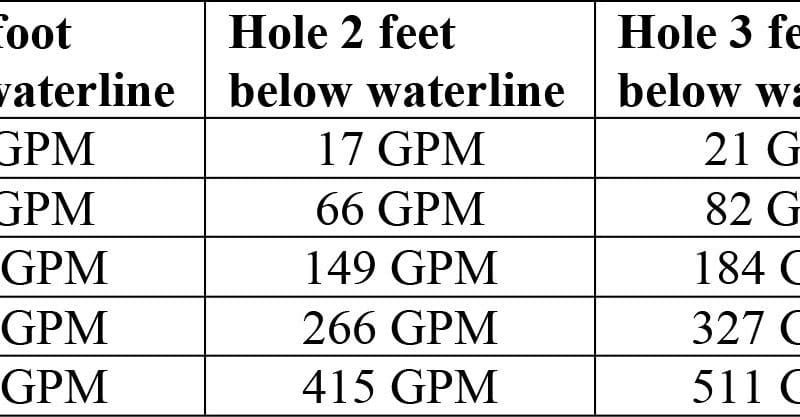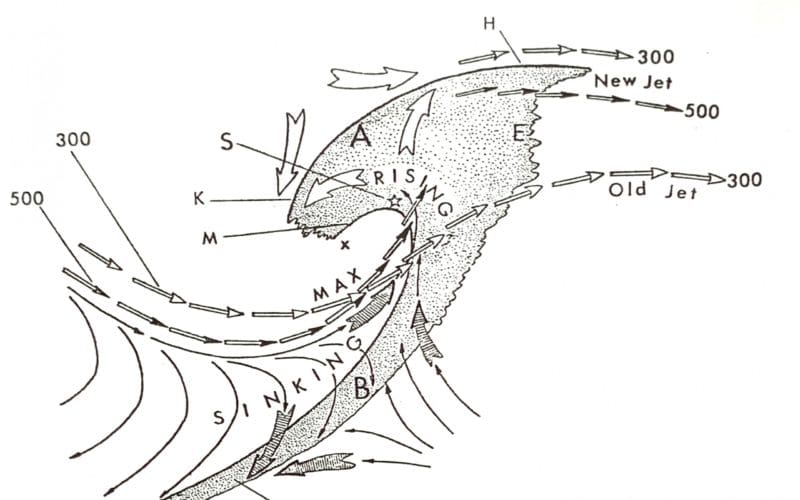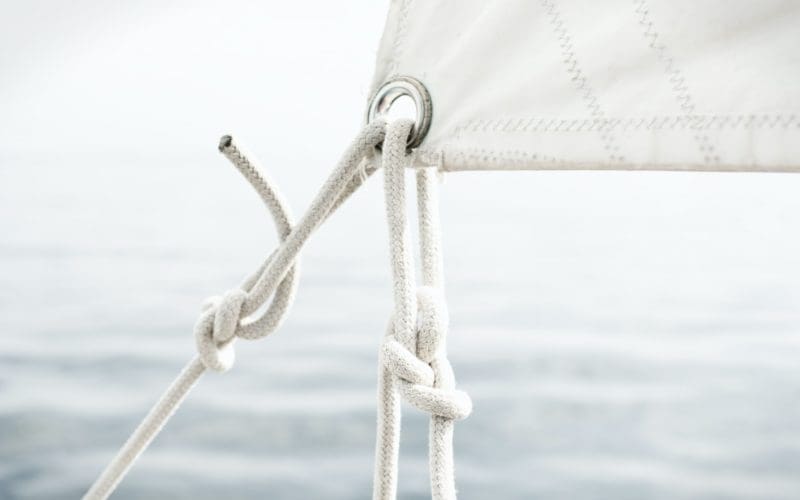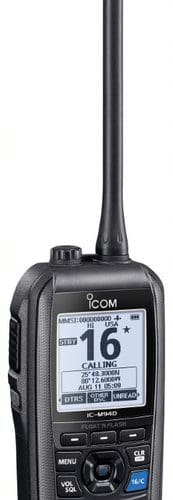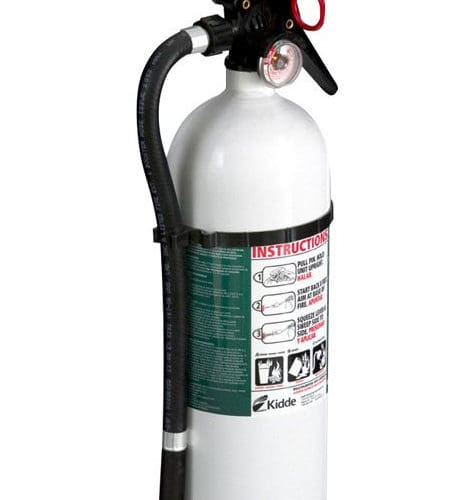01
Sep
Good skippers don’t experiment with long-standing shipboard routines. They know how to delegate important duties to qualified people and then let them do their jobs without micromanaging them. Choose one cook to be in charge and one assistant cook to occasionally help out. Don’t make the cook stand watches and swab the decks too. Meals take time to prepare, cook, serve, and clean up. Multiply that by three meals per day, and that’s enough work right there for anyone. Don’t forget to give your cook some days off by using that assistant cook as an occasional relief. No one wants…

